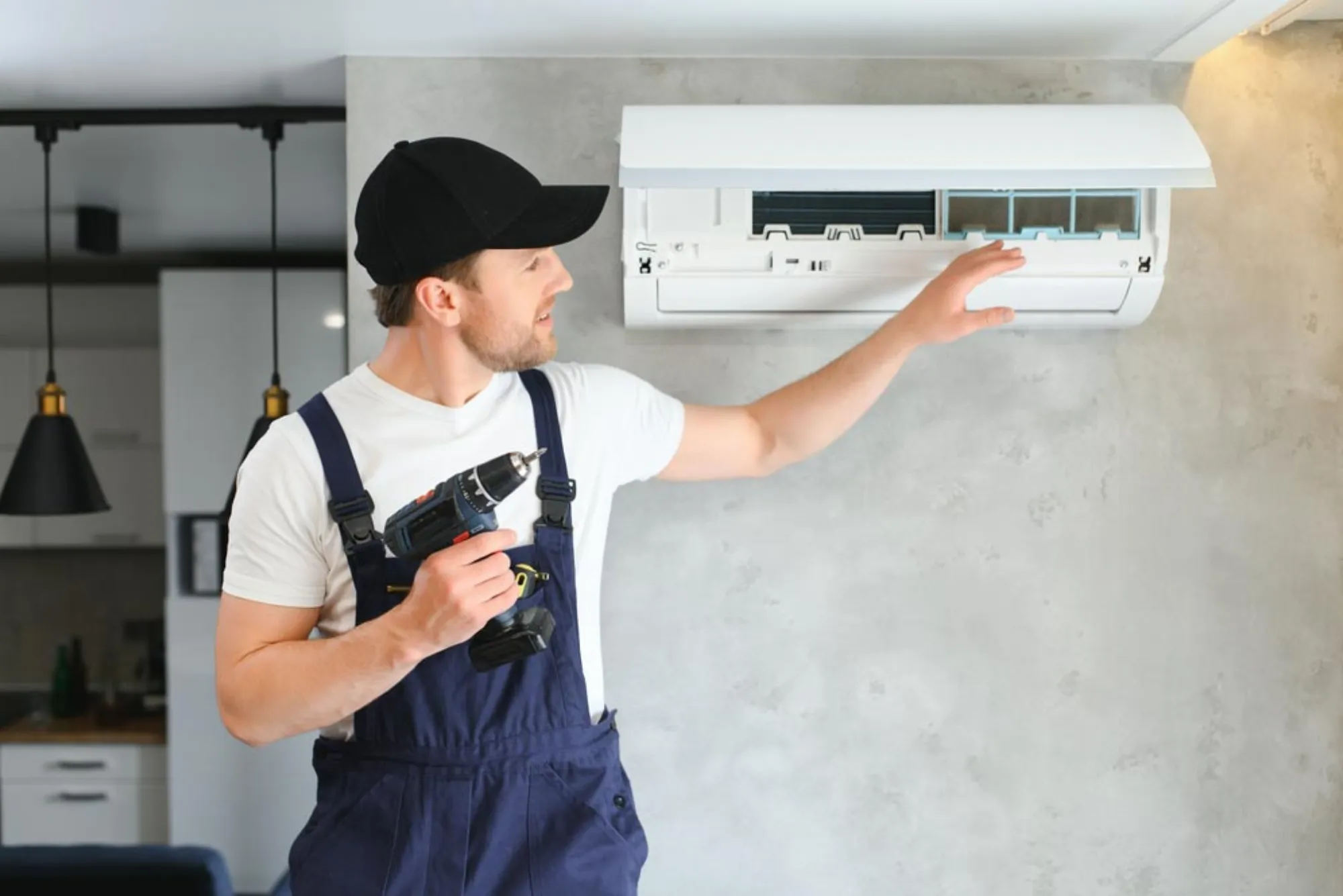In the context of the UAE legal system, many expatriates and even long-time residents often question the mechanisms available when facing criminal charges. One such area of concern is whether plea bargains — a widely known legal strategy in many Western jurisdictions — are recognized and used in the UAE, specifically in Dubai. The role of criminal defense is to protect the legal rights of individuals accused of crimes, and this includes exploring all potential legal avenues, including negotiation with prosecutors. The central question that arises is: Do criminal lawyers in Dubai negotiate plea deals? Understanding this aspect is crucial for anyone involved in a criminal case or seeking to understand how the criminal justice system operates in Dubai.
Understanding the UAE Legal Framework
To assess the potential for plea bargaining in Dubai, it is important to understand the foundation of the UAE legal system. The UAE follows a civil law system heavily influenced by Islamic Sharia, statutory law, and various federal codes such as the Penal Code and the Criminal Procedure Code. The process for criminal trials includes a thorough investigation, public prosecution, court hearings, and eventual sentencing. The system emphasizes due process and judicial discretion but also incorporates elements that differ significantly from those found in common law jurisdictions.
Unlike in some Western countries where plea bargaining is formalized and extensively used to reduce trial loads, the UAE does not formally codify plea bargaining in the same sense. However, the absence of a formal structure does not mean that negotiations between defense and prosecution are entirely absent. The process is simply different and rooted in discretionary mechanisms that exist within the UAE’s legal framework.
Negotiation in Practice
Although the UAE does not have a formal plea bargaining system comparable to jurisdictions like the United States, negotiations can and do occur between defense lawyers and public prosecutors. These discussions can potentially influence the direction and outcome of a case. However, these negotiations are not called “plea bargains” in the traditional legal sense but are better described as procedural or strategic agreements that may lead to a reduction in charges or a more lenient sentence.
Criminal lawyers in Dubai often engage with prosecutors to advocate for their clients based on legal merits, mitigating circumstances, or cooperation during investigations. These discussions may result in a variety of outcomes, such as reduced charges, reclassification of the offense, or recommendations for more favorable sentencing terms. It is essential to note that while such negotiations may occur behind closed doors, they must ultimately be approved by the judge presiding over the case, as judicial authority remains central in the UAE criminal justice system.
The Role of Mitigation and Legal Advocacy
The effectiveness of any negotiation in a criminal case in Dubai often hinges on the quality and presentation of mitigating evidence. Lawyers may highlight factors such as the defendant’s lack of criminal history, willingness to cooperate with authorities, expression of remorse, restitution to victims, or other context-specific elements that could favor leniency. Prosecutors may take these into account when determining how aggressively to pursue a case or when deciding on applicable charges.
Legal representation plays a crucial role in presenting these factors in a compelling manner. Defense lawyers may submit formal legal memos to prosecutors or appear in meetings to argue on behalf of the accused. While such interactions are not official “plea deals,” they demonstrate the influence that experienced legal professionals can have on the progression of a criminal case.
Case Reclassification and Early Resolutions
One of the ways in which plea-like outcomes are achieved in Dubai is through the reclassification of charges. For instance, a charge initially filed as a felony might be reclassified as a misdemeanor if the evidence does not support the higher charge or if the defense presents a convincing argument during the pre-trial phase. This process, while not labeled as a plea bargain, shares similar outcomes — namely, reduced penalties and quicker resolutions.
In some cases, defendants may also benefit from expedited proceedings if they express willingness to admit guilt to lesser charges. This can happen through acknowledgment of responsibility during investigations or court hearings, where the judge may choose to issue a reduced sentence in light of the defendant’s cooperation. Again, this is not the result of a formal plea bargain but rather a reflection of the discretionary authority within the UAE’s legal structure.
The Role of Compensation and Reconciliation
Another important avenue for negotiated outcomes in Dubai criminal cases involves financial compensation and reconciliation between the accused and the victim. In certain offenses — particularly those involving personal harm, property damage, or financial loss — the UAE legal system allows for amicable settlement between parties. This often includes payment of diya (blood money) or financial restitution, which can lead to the victim withdrawing their complaint or requesting leniency from the court.
Such resolutions are often facilitated by the defense lawyers in coordination with the prosecution. If an agreement is reached and the victim formally waives their complaint, the prosecutor may recommend reduced penalties or even request case dismissal, depending on the nature of the crime and applicable laws. Judges usually give considerable weight to such reconciliations, especially when supported by documented proof of agreement and payment.
Public Prosecution’s Discretionary Role
The UAE’s Public Prosecution holds significant discretion in the handling of criminal cases. This includes the authority to close investigations, reduce charges, or make sentencing recommendations. This flexibility allows room for negotiations during the pre-trial and trial stages. However, any such recommendation by prosecutors is not binding on the court. The final judgment always rests with the presiding judge, who may accept, modify, or reject any recommendation made by the prosecution or defense.
In cases where negotiation has led to a favorable prosecution recommendation, criminal lawyers in Dubai must still present their case persuasively before the court. The judges will consider the arguments, evidence, and recommendations presented, but the outcome is ultimately a judicial decision. This underscores the importance of experienced legal representation to ensure that all available legal mechanisms, including informal negotiations, are properly utilized.
Sentencing Leniency and Judicial Discretion
Judges in Dubai have wide discretion when it comes to sentencing. The Criminal Procedure Code permits courts to issue sentences below the maximum prescribed by law, particularly when mitigating circumstances are established. This aspect of the legal system further allows for negotiated outcomes, as it opens the door for defense arguments centered around leniency.
A well-prepared legal defense team can advocate effectively during sentencing hearings, arguing that the interests of justice are best served by a reduced sentence. This is especially relevant in cases involving first-time offenders, non-violent crimes, or offenses where restitution has been made. In many instances, a judge’s decision to reduce a sentence is influenced by arguments presented by the defense — arguments that may stem from earlier negotiations with the prosecution.
Conclusion
While the UAE legal system, and by extension Dubai’s, does not formally incorporate the concept of plea bargaining as found in some other jurisdictions, the mechanisms available offer similar opportunities for negotiated outcomes. Criminal lawyers in Dubai play a pivotal role in facilitating these negotiations, whether through informal discussions with prosecutors, presentation of mitigating circumstances, or facilitating reconciliation between parties. These efforts can significantly influence the trajectory and resolution of a criminal case.
Ultimately, the question of whether criminal lawyers negotiate plea deals in Dubai can be answered affirmatively, though with the caveat that such negotiations occur within a unique legal framework. They are not labeled or structured in the same manner as in common law systems, but they serve a comparable purpose: achieving fair, efficient, and just outcomes within the bounds of the law. For individuals facing criminal charges in Dubai, having experienced legal representation is essential to navigating these complexities and maximizing the chances of a favorable resolution.





